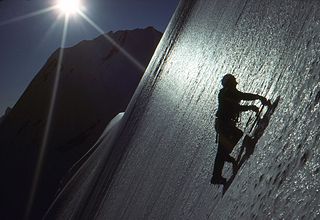
Action sports, adventure sports or extreme sports are activities perceived as involving a high degree of risk. These activities often involve speed, height, a high level of physical exertion and highly specialized gear.

Graham Arthur Chapman was an English comedian, writer, actor, and author and one of the six members of the British surreal comedy group Monty Python. He played authority figures such as the Colonel and the lead role in two Python films, Holy Grail (1975) and Life of Brian (1979).

Oxbridge is a portmanteau of Oxford and Cambridge, the two oldest, wealthiest, and most famous universities in the United Kingdom. As of 2018, less than 1% of individuals applying to undergraduate courses through UCAS were admitted to these institutions. The term is used to refer to them collectively, in contrast to other British universities, and more broadly to describe characteristics reminiscent of them, often with implications of superior social or intellectual status or elitism.

The University of Oxford is a collegiate research university in Oxford, Oxfordshire, England. There is evidence of teaching as early as 1096, making it the oldest university in the English-speaking world and the world's second-oldest university in continuous operation. It grew rapidly from 1167 when Henry II banned English students from attending the University of Paris. After disputes between students and Oxford townsfolk in 1209, some academics fled north-east to Cambridge where they established what became the University of Cambridge. The two English ancient universities share many common features and are often jointly called Oxbridge.

Bungee jumping, also spelt bungy jumping, is an activity that involves a person jumping from a great height while connected to a large elastic cord. The launching pad is usually erected on a tall structure such as a building or crane, a bridge across a deep ravine, or on a natural geographic feature such as a cliff. It is also possible to jump from a type of aircraft that has the ability to hover above the ground, such as a hot-air-balloon or helicopter. The thrill comes from the free-falling and the rebound. When the person jumps, the cord stretches and the jumper flies upwards again as the cord recoils, and continues to oscillate up and down until all the kinetic energy is dissipated.
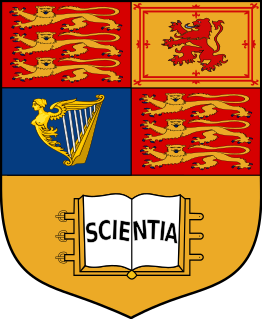
Imperial College London is a public research university in London. Imperial grew out of Prince Albert's vision of an area for culture, including the Royal Albert Hall, Imperial Institute, numerous museums, and the Royal Colleges that would go on to form the college. In 1907, Imperial College was established by Royal Charter, merging the Royal College of Science, Royal School of Mines, and City and Guilds College. In 1988, the Imperial College School of Medicine was formed by combining with St Mary's Hospital Medical School. In 2004, Queen Elizabeth II opened the Imperial College Business School.
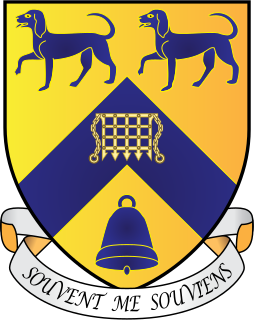
Lady Margaret Hall (LMH) is one of the constituent colleges of the University of Oxford in England, located on the banks of the River Cherwell at Norham Gardens in north Oxford and adjacent to the University Parks. The college is more formally known under its current royal charter as "The Principal and Fellows of the College of the Lady Margaret in the University of Oxford".
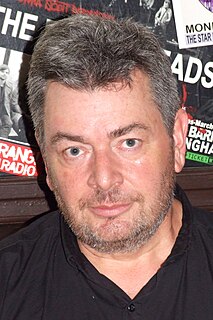
David Morris Aaronovitch is an English journalist, television presenter and author. He is a regular columnist for The Times and the author of Paddling to Jerusalem: An Aquatic Tour of Our Small Country (2000), Voodoo Histories: the role of Conspiracy Theory in Modern History (2009) and Party Animals: My Family and Other Communists (2016). He won the Orwell Prize for political journalism in 2001, and the What the Papers Say "Columnist of the Year" award for 2003. He previously wrote for The Independent and The Guardian.
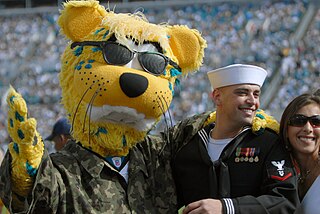
Jaxson de Ville is the mascot of the Jacksonville Jaguars, a National Football League football franchise. His name is spelled "Jaxson" because Jacksonville, Florida, is often shortened to "Jax." He is an anthropomorphic jaguar and is yellow with teal patches. He wears sunglasses, a Jaguars jersey, long shorts, and black and teal sneakers. The back of his jersey is typical: it reads "Jaxson" with his number, 00, but the front has a paw print. On certain occasions he wears other outfits, such as a large military field uniform when he was brought onto the field in a military jeep. Jaxson finds other creative ways to enter the stadium: using a zip wire to bungee jump off the stadium lights or sliding down a rope from the scoreboard. He is rarely seen without his motorized scooter and can sometimes be seen driving a golf cart.
The Dangerous Sports Club, a group of adventurers and extreme sports pioneers based in Oxford and London, were active from the late 1970s for about ten years, during which they developed modern bungee jumping and experimented with a variety of other innovative sporting activities.
Cherwell is a weekly student newspaper published entirely by students of Oxford University. Founded in 1920 and named after a local river, Cherwell is a subsidiary of independent student publishing house Oxford Student Publications Ltd. Receiving no university funding, the newspaper is one of the oldest student publications in the UK.
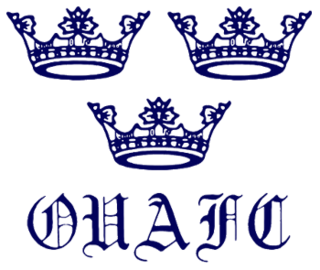
Oxford University Association Football Club is an English football club representing the University of Oxford. The club currently plays in the BUCS Football League, the league system of British Universities and Colleges Sport (BUCS). In 2020, the club merged with Oxford University Women's Association Football Club (OUWAFC) to create one single entity.

Alan John "A.J." Hackett is a New Zealand entrepreneur who popularised the extreme sport of bungy jumping. He made a bungy jump from the Eiffel Tower in 1987 and founded the first commercial bungy site in 1988.
The Late Late Breakfast Show was a BBC television light entertainment show broadcast live on Saturday evenings from 4 September 1982 to 8 November 1986. It was presented by Noel Edmonds, initially with co-host Leni Harper, and also featured Mike Smith and John Peel. The "Give It A Whirl" segments featured dangerous stunts. Multiple serious injuries resulted from these stunts, including the death of Michael Lush in 1986. The show was cancelled in the aftermath of his death.
David Kirk is a rugby union footballer.
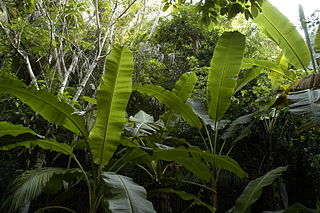
Extreme tourism is a niche in the tourism industry involving travel to dangerous places or participation in dangerous events. Extreme tourism overlaps with extreme sport. The two share the main attraction, "adrenaline rush" caused by an element of risk, and differing mostly in the degree of engagement and professionalism.
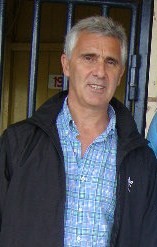
William Gareth Davies is a former Wales and British and Irish Lions international rugby union player and current chairman of the Welsh Rugby Union.
Ronald James Pickering was an athletics coach and BBC sports commentator.
Gary O'Donoghue is a British journalist, currently working for BBC News in Washington, D.C. as their chief North America political correspondent. It has been claimed that he is the only blind broadcast journalist in Britain, although there are also Peter White and BBC Scotland's Ian Hamilton and Sean Dilley.

David Phillips, is a British Chemist specialising in photochemistry and lasers, and was President of the Royal Society of Chemistry from 2010 to 2012.













